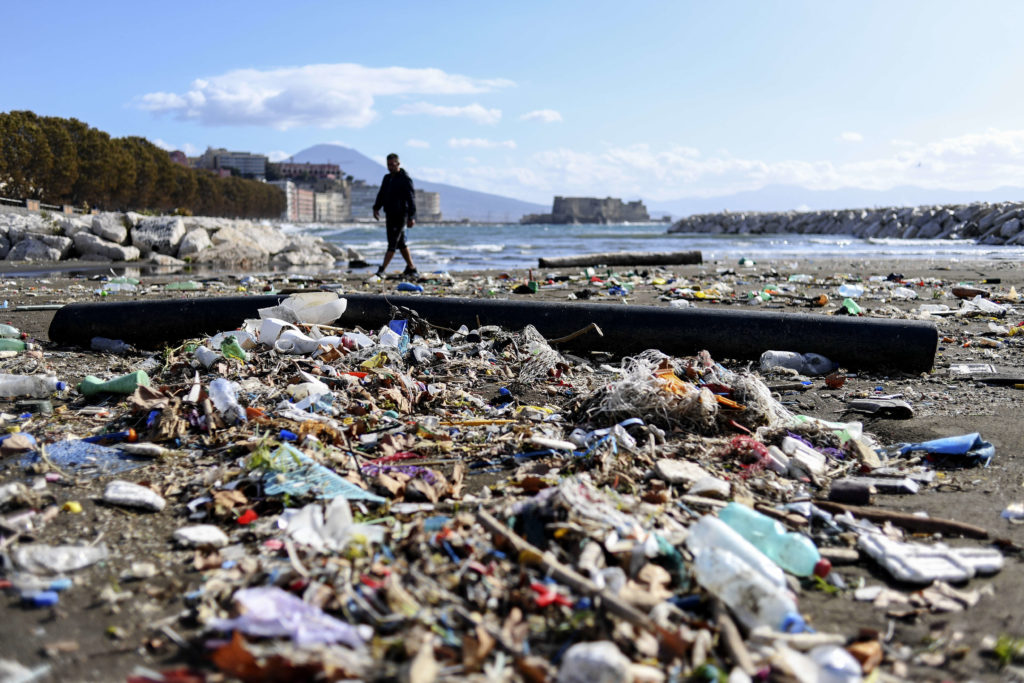
The stakeholders made the submission at a two-day capacity development workshop and project inception themed: ‘Advancing Capacity and Strengthening National Advocacy towards Implementing a Zero Waste Initiative in Plastic Waste Management in Nigeria.’ The workshop aims to raise awareness, share knowledge and build capacity towards promoting zero-waste initiatives in Lagos.
The workshop organised by Sustainable Research and Action for Environmental Development (SRADeV) under the auspices of Global Alliance for Incinerator Alternatives (GAIA) Break Free from Plastics (BFFP) with the support of Plastic Solutions Fund (PSF) is meant to commemorate the World Clean Day.
The event drew officials of the Lagos State Ministry of Environment, the state’s Environmental Protection Agency (LASEPA), the Association of Scrap and Waste Pickers of Lagos (ASWOL), and among others.
The State’s Commissioner for the Ministry of Environment, Tokunbo Wahab, said businesses are developing a comprehensive roadmap that incorporates a zero-waste approach.
The commissioner, who was represented by Mrs Oguntola Oluwatoyin, noted that the approach will minimise waste generation, maximise recycling and reuse, as well as ensure sustainable waste management practices.
She disclosed that the ministry has been implementing policies that promote waste reduction such as banning of single-use products and encouraging manufacturers to adopt eco-friendly partnerships.
“The programme is a comprehensive strategy that involves waste reduction, recycling, composting, waste-to-energy initiatives, and a robust policy framework. With continued efforts and collaboration among stakeholders, we will achieve the goal of becoming cleaner and sustainable,” she said.
SRADev Executive Director, Dr Leslie Adogame, noted that if waste is not managed sustainably, the impacts will be enormous. “Human beings will continue to produce waste until such a human being is in a state of being disposed of as waste. And because of that, we can’t help but find a sustainable way of managing waste,” he said.
According to him, the people who produce waste should take responsibility for their waste. “We won’t continue with this approach of releasing waste into the environment and expect the state’s Waste Management Authority (LAWMA) to manage it sustainably,” he added.
GAIA Africa Clean Energy Campaigner, Weyinmi Okotie, urged the government to implement its policies in waste management.
He also advised citizens to reduce waste, buy things that can be reused, and recycled.






